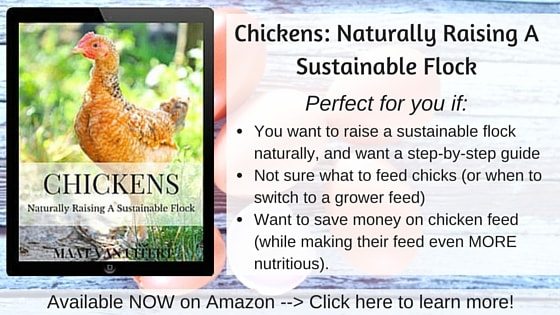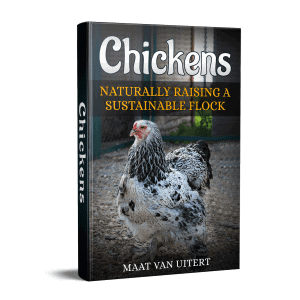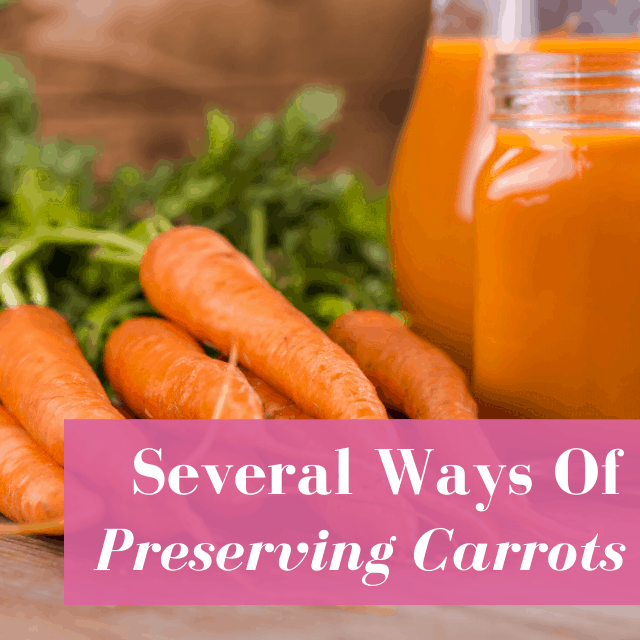Table of Contents (Quickly Jump To Information)
Is chicken manure good fertilizer? Chicken manure tea is one of the best plant fertilizers out there, and believe me when I say that your garden is craving it.
Heavy nitrogen feeders like tomatoes require a lot of nutrients, and this year, we’re planning on planting a ton of them.
In the past, I’ve grown a lot of different vegetables, but this year, my goal is to scale down on the varieties and concentrate on what we will really use.
That means we’ll need chicken manure tea for tomatoes, eggplants, peas, beans, squash, and corn.
Manure tea of any sort is like the super food of gardening champions. But chicken manure tea takes it to the next level because it has a super high nitrogen-phosphorous-potassium ratio – which indicates how ideal any fertilizer is for your growing vegetables.
In addition, chicken compost tea is loaded with beneficial bacteria, nutrients, and other stuff your plants need to grow and set fruit.
Every other week or so, depending on how the plants are looking, I like to give them a boost with chicken manure tea, which is really, really easy to make.
Now, for any vegetable garden, you can always buy fertilizer, but if you want to save some money, use an organic substitute, and reuse something you might otherwise toss, then chicken compost tea is a good alternative.
I know our tomatoes will appreciate it!
Now here’s the thing about chicken poop:
You can’t just dump the chicken poop itself on your garden. Don’t make that mistake!
Before brewing a chicken manure tea, you must (repeat, must) compost or otherwise age the manure to reduce the amount of nitrogen in it.
Chicken poop has one of the highest nitrogen contents of any animal manure out there, so you’re best bet is to compost it for 6 months or so before making your chicken manure tea.
Using fresh chicken manure will burn your plants and possibly ruin all your hard work (which is why I recommend using chickens in your garden in the fall, so their manure has time to decompose before spring planting).
Not only that, but the composting process will kill most of the gnarly pathogens in the chicken manure that could otherwise make you sick.
So, how do you make chicken manure tea?
I’m glad you asked.
First off, some advice:
Wear gloves when you do this. Chicken manure makes for great fertilizer, but it does contain some pathogens you definitely don’t want to expose yourself or your family to.
Even very healthy chickens have a certain amount of Campylobacter, Salmonella, E. coli and other pathogens in their guts, which naturally comes out in their manure.
So, wear gloves and wash your hands well after making this chicken manure tea. While the risk of getting sick is fairly minimal, you’ll do yourself a solid by just wearing rubber gloves.
Now, here’s how you make it!
The bottom line with chicken manure tea is you’re looking to leech the nutrients from the poop.
Another benefit to chicken manure tea is that giving those nutrients to your plants is super easy when they’re in a liquid form (and, by removing any particulates or large chunks of manure, you’re reducing your chances of burning the plant inadvertently).
To a burlap bag (or other type of bag that can drain) add aged chicken poop along with other dirt from your compost pile.
Add enough to the bag to fill up about a 1/3rd of it. Add something heavy, like a rock, into the bag to ensure it will stay submerged.
Close the bag by either tying a knot in the top or using baling twine to secure it shut.
Next, submerge your bag full of composted chicken poop into a 5-gallon bucket, and fill the bucket with water.
This is going to stink (wet manure always smells horrible), so consider covering the bucket. This has the added benefit of keeping curious animals out (and prevents them from trying to drink the manure water.
Place your bucket in a sunny location outside to steep for a few days.
A couple times each day, briskly stir the tea with a stick to introduce oxygen and to encourage your chicken manure tea to steep more nutrients out of the poop.
After about one week, your chicken manure tea should be ready.
Remove the bag and return the manure to your compost pile or incorporate into another area of your garden to enhance that soil.
How to Use Chicken Manure Tea in Your Garden
To use your new fertilizer, you first must dilute it a bit.
After removing the bag, fill the rest of the bucket up with fresh water. You want to get as close to a 1 to 1 ratio (1 part water to 1 part chicken manure tea) as possible.
This is to prevent your plants from getting too much nitrogen and accidentally burning.
Give it to your plants every two weeks or so, pouring it gently on to the bottom of the plant so it hits the roots and doesn’t displace the soil (if you pour a lot on at once, you might lose some of your top soil in the process).
Once your plants begin to flower and set fruit, only provide the chicken manure tea if they seem to need extra nutrients (for example, if it’s very hot and the plant is stressed).
Too much nitrogen at this point means you’ll get great leaves, but less vegetables than you want.
I’d like to hear from you!
Do you think you’ll try to make chicken manure tea? Why or why not? Email me at editor@thefrugalchicken.com or comment below!
More Homesteading Resources:
- 10 Ways to Use Banana Peels in the Garden
- Organic Homemade Chicken Feed
- What You Need to Know About Abnormal Chicken Eggs
- How to Make a Dust Bath for Chickens
Chickens; Naturally Raising A Sustainable Flock is my best selling book about raising healthy hens! You’ll learn how to handle sticky first aid situations, raise baby chicks with the week-by-week checklist, how to give the best care even in the worst weather, and more! Click here to learn more.
Maat van Uitert is a backyard chicken and sustainable living expert. She is also the author of Chickens: Naturally Raising A Sustainable Flock, which was a best seller in it’s Amazon category. Maat has been featured on NBC, CBS, AOL Finance, Community Chickens, the Huffington Post, Chickens magazine, Backyard Poultry, and Countryside Magazine. She lives on her farm in Southeast Missouri with her husband, two children, and about a million chickens and ducks. You can follow Maat on Facebook here and Instagram here.








Does turkey manure work the same way?
I’ve honestly never used turkey manure, but I read it should work the same. I use chicken and quail manure, and they can be used interchangeably.
Be sure that the feed you are feeding your turkeys does not contain arsenic. Most of th emedicated turkey grower contains arsenic and the arsenic is great;y concentrated in the feces. If you are using non-medicated or organic feed, turkey manure works just as well as the chicken manure.